Identifying Detrimental Driving Practices
Introduction
Once you get your driver’s license, you might unknowingly develop certain driving habits. While some habits, like listening to music, are harmless, others can significantly shorten your car’s lifespan. Recognizing and adjusting these behaviors can help keep your vehicle in top shape for years to come.
Riding Your Brakes
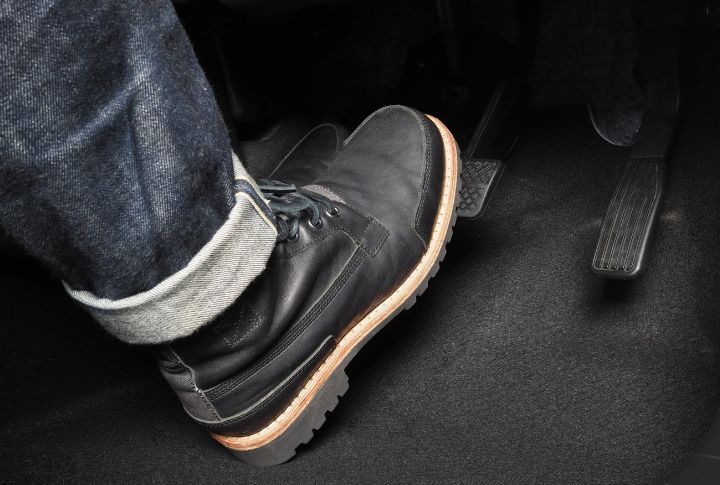
Some drivers believe keeping their foot on the brake pedal ensures safety. However, this can cause brake components to overheat, leading to damage. Instead, try coasting and using engine braking more often, particularly when driving downhill.
Revving Your Engine Before It Warms Up
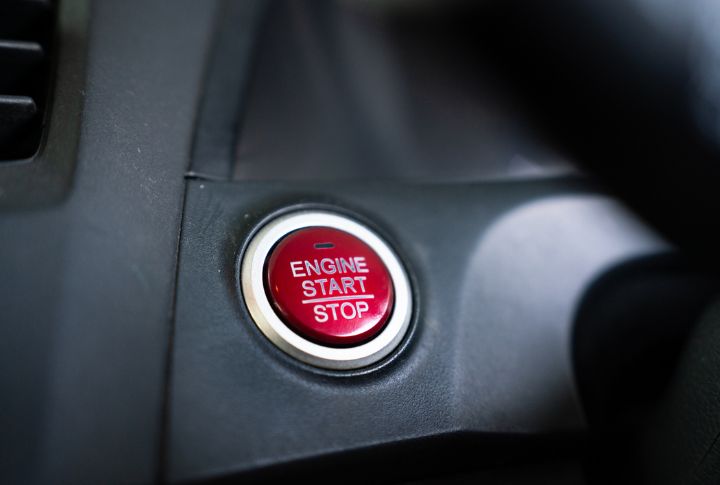
Revving a cold engine can cause undue stress on vital components like piston rings and cylinders. This impatience can also lead to poor fuel combustion and decreased efficiency. Letting your engine idle for about 30 seconds to a minute before revving helps it reach optimal temperature.
Neglecting the Parking Brake
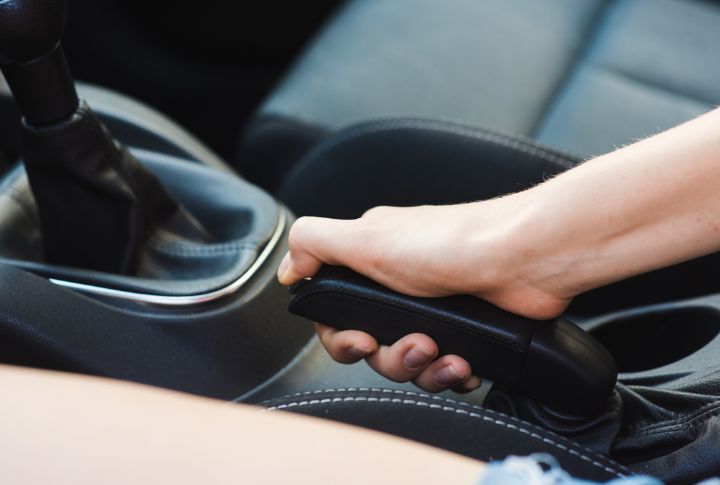
Simply shifting to Park without engaging the parking brake places the vehicle’s weight on the transmission’s parking pawl. Engaging the parking brake removes this strain and secures the vehicle. Neglecting this can result in corrosion and a higher risk of brake failure.
Keeping the Fuel Tank Low
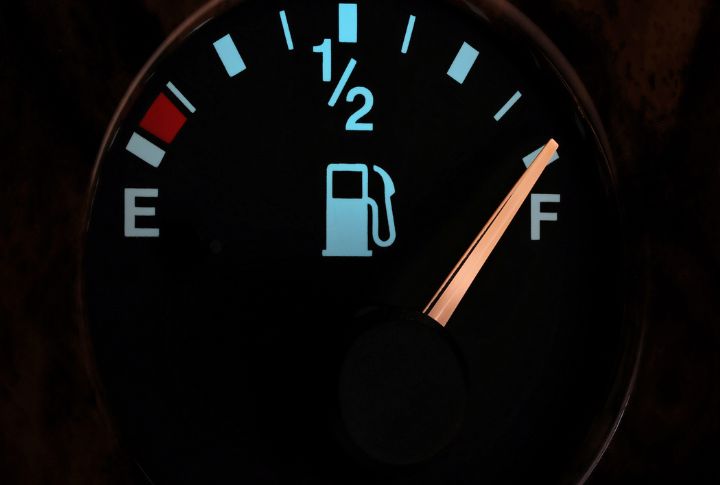
Driving with a near-empty fuel tank can cause sediment to clog the fuel pump and lead to overheating. Maintaining at least a quarter tank of fuel helps prevent these issues. Regularly refilling your tank can extend the lifespan of your fuel system.
Speeding Over Potholes and Bumps
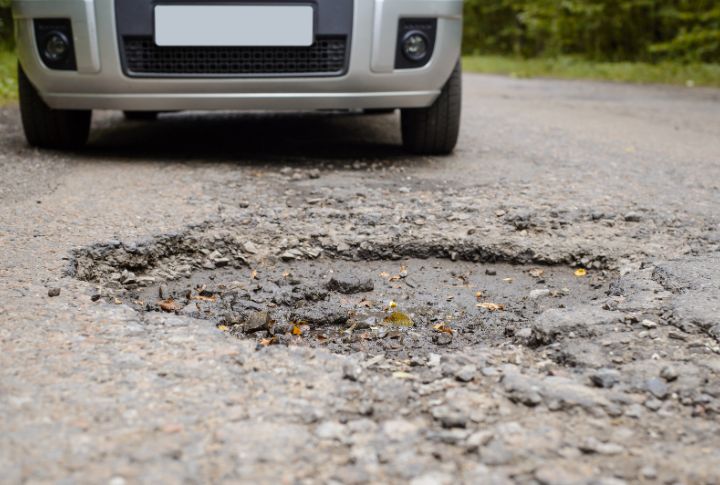
Failing to slow down for potholes and speed bumps can seriously damage your car. Such impacts can misalign wheels, puncture tires, and harm the suspension. Approach these obstacles carefully to protect your vehicle.
Overloading Your Vehicle

Exceeding your car’s load capacity can strain the engine and suspension. Adhere to the manufacturer’s weight limits to avoid unnecessary stress. Overloading also increases fuel consumption and tire wear.
Sudden Braking and Rapid Acceleration
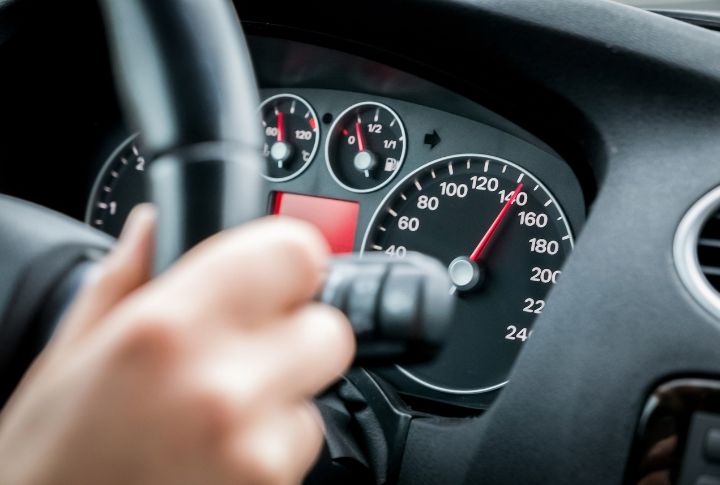
Frequent hard stops and quick acceleration can wear out your brakes, tires, and transmission. Smooth driving conserves fuel and extends the life of these parts. Avoid aggressive driving to minimize maintenance costs.
Resting Your Hand on the Gear Stick
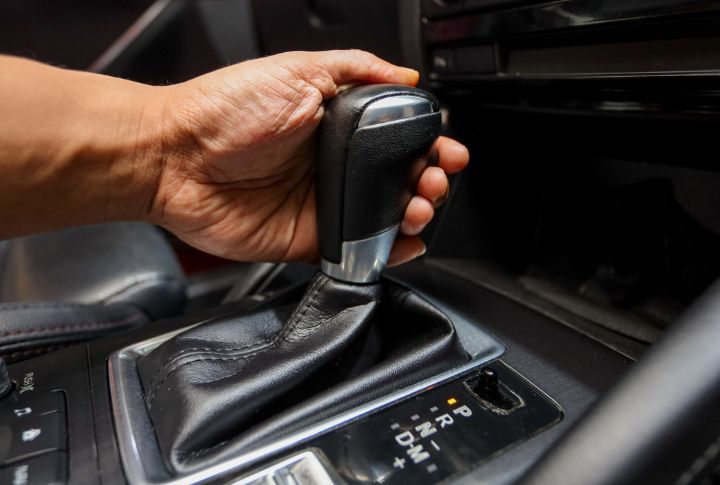
Resting your hand on the gear stick while driving increases friction within the transmission, accelerating wear. Keep both hands on the steering wheel and use the gear stick only when shifting gears. This simple habit can prevent expensive transmission repairs.
Ignoring Regular Oil Changes
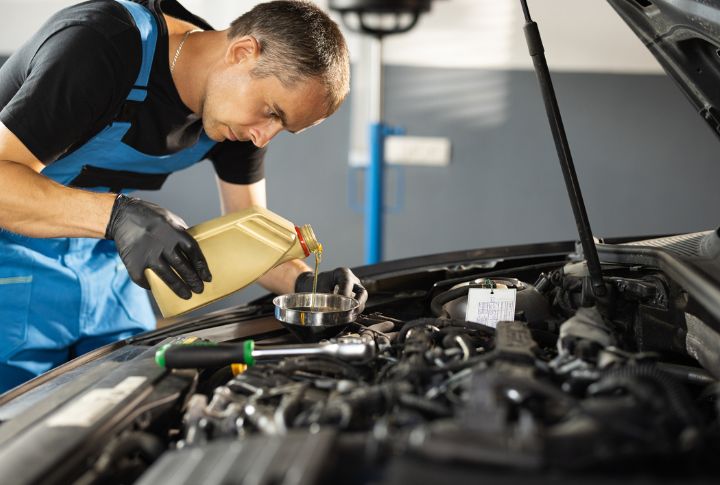
Regular oil changes are vital for engine health. Skipping this maintenance can lead to overheating, poor performance, and engine failure. Follow your vehicle’s manual for recommended oil change intervals.
Using the Clutch Pedal as a Footrest
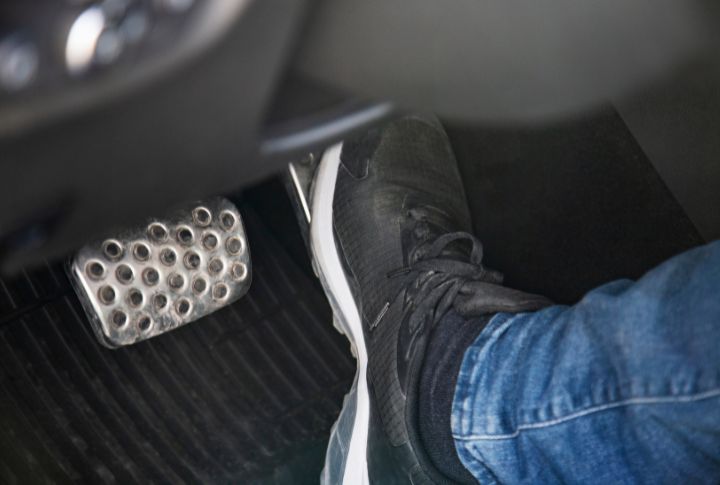
Resting your foot on the clutch pedal can cause premature wear of the clutch plate. Place your foot on the dead pedal or the floor beside the clutch when not in use. This practice can significantly extend the life of your clutch.
Skipping Routine Maintenance
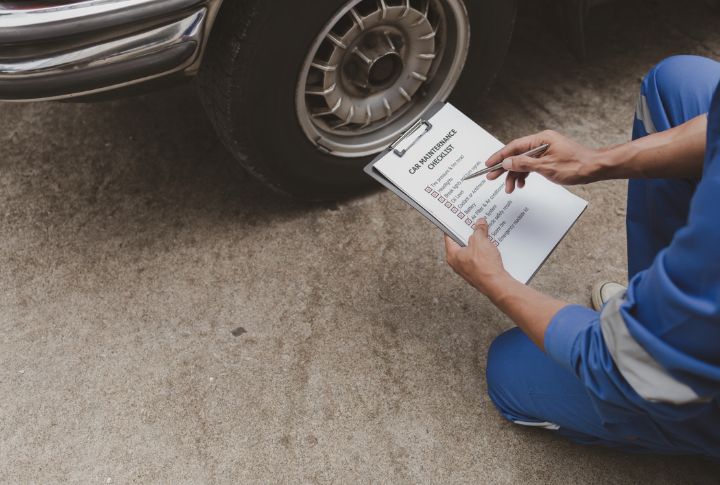
Routine maintenance, such as oil changes, tire rotations, and brake inspections, can prevent costly repairs. Regular checks ensure your car runs smoothly and efficiently. Keeping up with maintenance can also prevent brake failure and other safety issues.
Driving Fast on Rough Terrain

Driving at high speeds over rough terrain can cause significant wear to your suspension and undercarriage. Even sturdy vehicles benefit from careful driving on uneven surfaces. Regular professional inspections can help detect and address any issues early.
Neglecting Tire Rotations
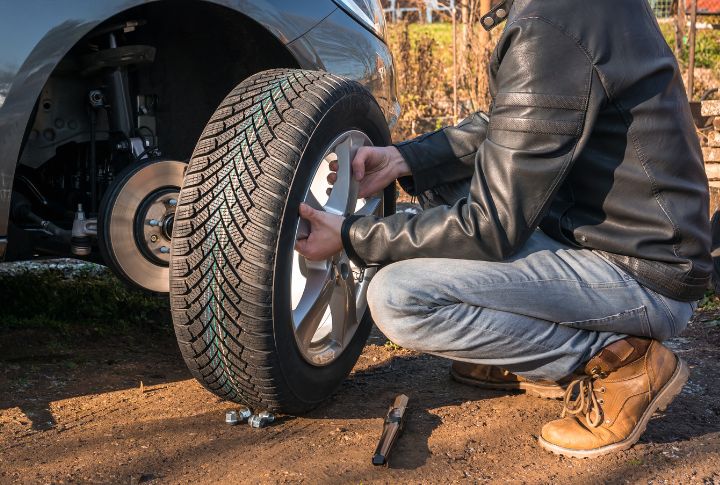
Tire rotations are essential for preventing uneven wear and maintaining good traction. Rotate your tires every 5,000-7,000 miles to enhance performance and safety. This practice also extends the life of your tires.
Holding the Steering Wheel in One Position
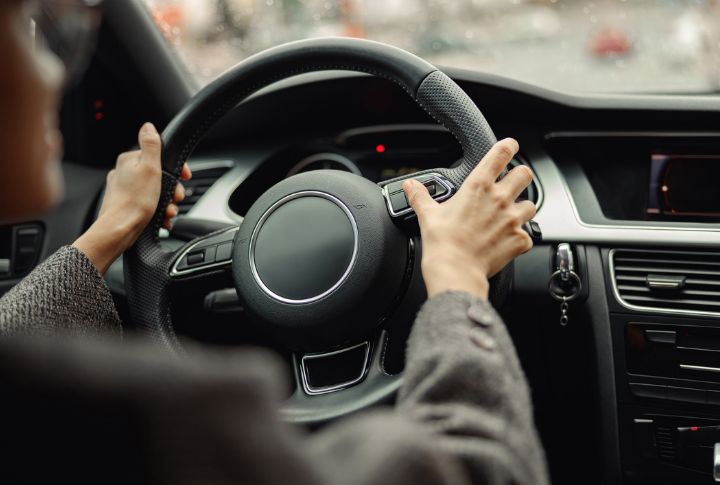
Keeping the steering wheel in one position for too long can cause uneven tire wear and suspension problems. Frequently changing hand positions can prevent alignment issues and improve fuel efficiency. Proper steering techniques enhance both safety and tire longevity.
Using the Wrong Fuel Grade
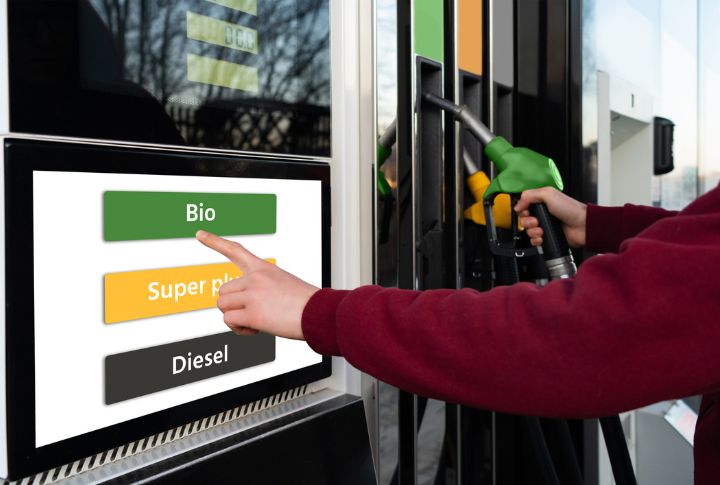
Using a lower-grade fuel than recommended can cause engine knocking and reduce efficiency. Higher-grade fuels might not burn completely, leading to carbon buildup. Always follow the manufacturer’s fuel recommendations for optimal engine performance.
